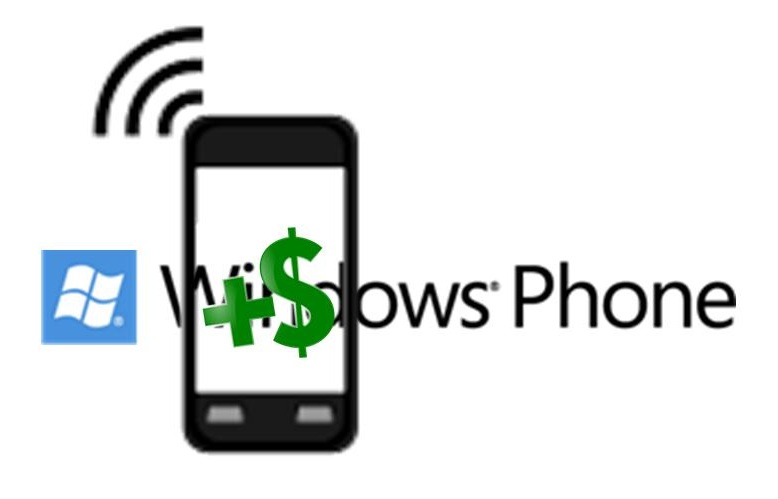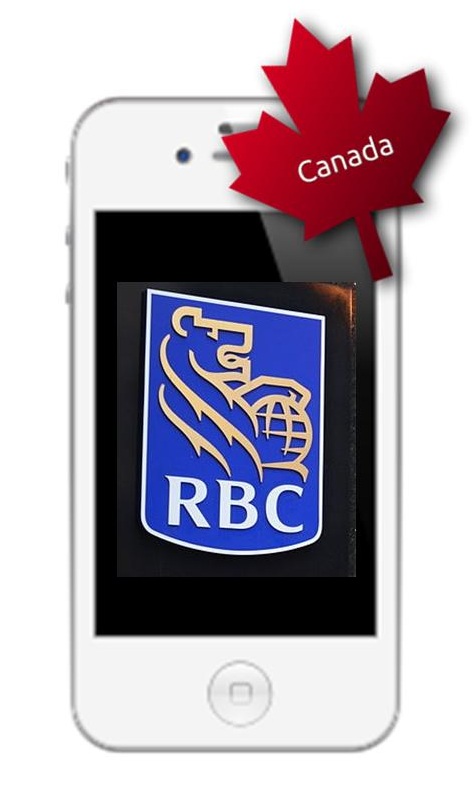Windows Phone gets mobile payments thanks to Fortumo
Mobile payments have been growing very popular with consumers around the world. For those without Android or iOS devices, however, mobile payments are little more than a fancy idea. That is about to change thanks to Fortumo, an international mobile payments provider. This week, the company announced the launch of a new mobile payments application for Windows Phone. This makes Fortumo the first third-party provider of mobile commerce services on Microsoft platforms.
New platform makes mobile payments possible on Windows 8 and Windows Phone devices
The new application features cross-platform capabilities, making it available for the Windows 8 operating system, Windows RT, and Windows Phone. The application allows for mobile payments to be made through other applications, such as mobile games. Payments can also be facilitated through applications on laptops and desktops that run any version of Windows 8. Notably, the platform is designed with game developers in mind.
Mobile games may benefit from new platform
Mobile games have become a very powerful force in the game industry. Many developers have made their fortunes through a strong focus on mobile games. The reason these games have so much financial potential is because of advertising and their ability to foster in-app purchases. Most mobile games offer some form of virtual currency or the opportunity to unlock additional content for a modest price. Consumers have a proclivity for these mobile payments because they offer some form of measurable game, at least in an entertainment capacity.
advertising and their ability to foster in-app purchases. Most mobile games offer some form of virtual currency or the opportunity to unlock additional content for a modest price. Consumers have a proclivity for these mobile payments because they offer some form of measurable game, at least in an entertainment capacity.
Fortumo aims to bring more developers to Windows Phone
Fortumo suggests that its new application can help game developers engage mobile consumers more effectively. Mobile games that allow for mobile payments are more likely to find success in the gaming market due to factors such as convenience and access to additional content. Fortumo aims to help developers become more accepting of the Windows Phone platform, on which it has been difficult to monetize mobile games in the past.
 Financial institutions becoming more invested in mobile payments
Financial institutions becoming more invested in mobile payments
Financial institutions all over the world are becoming more interested in the concept of mobile payments. As consumers become more reliant on their smartphones and tablets, they are looking for new, more convenient ways to make purchases. Nearly everything that consumers do these days has some tie to the mobile world, making it more important for companies, like financial institutions, to cater to the demands of mobile consumers in order to remain relevant in a world that is changing around them.
Royal Bank of Canada takes a swing at mobile commerce
The Royal Bank of Canada has become one of the latest major financial institutions to begin embracing mobile payments. The organization has announced its entry into the mobile commerce arena this week with the demonstration of a new touch-free transaction system designed for smartphones. The system, which is linked to a new application call Interac, makes use of NFC technology to allow consumers to purchase goods and services. The use of NFC technology allows a smartphone to be used as a payment platform without having to make actual physical contact with anything, as the technology transmits data over a short distance.
NFC continues to worry consumers
NFC technology has been a staple in mobile payments for some time, but many consumers are becoming increasingly wary of the technology. NFC has been linked to several security risks in the past and can be exploited to gain access to a consumer’s financial information. A growing number of companies interested in mobile commerce are choosing to forgo NFC in favor of simple mobile payments applications or, in some cases, the use of QR codes to activate mobile transactions.
Security may not be a problem with Interac application
The Royal Bank of Canada has taken note of the security concerns that consumers have in regards to their financial information and NFC technology. Interac features numerous security measures that are closely tied to the financial institution’s own security systems. The application is considered safe enough to use for mobile payments and if the Royal Bank of Canada can placate the fears of consumers, it may be able to beat out the competition it has in the Canadian mobile commerce sector.
 advertising and their ability to foster in-app purchases. Most mobile games offer some form of virtual currency or the opportunity to unlock additional content for a modest price. Consumers have a proclivity for these mobile payments because they offer some form of measurable game, at least in an entertainment capacity.
advertising and their ability to foster in-app purchases. Most mobile games offer some form of virtual currency or the opportunity to unlock additional content for a modest price. Consumers have a proclivity for these mobile payments because they offer some form of measurable game, at least in an entertainment capacity.
 Financial institutions becoming more invested in mobile payments
Financial institutions becoming more invested in mobile payments